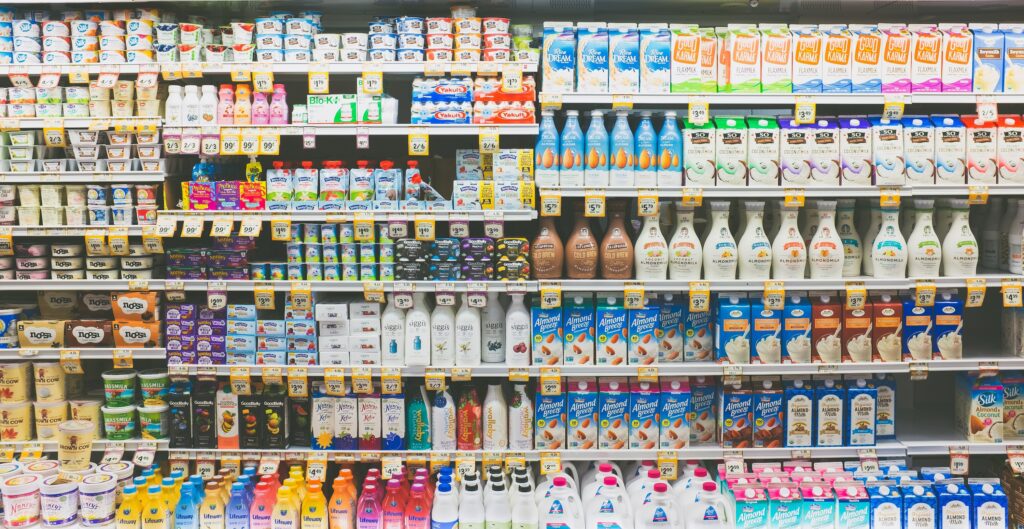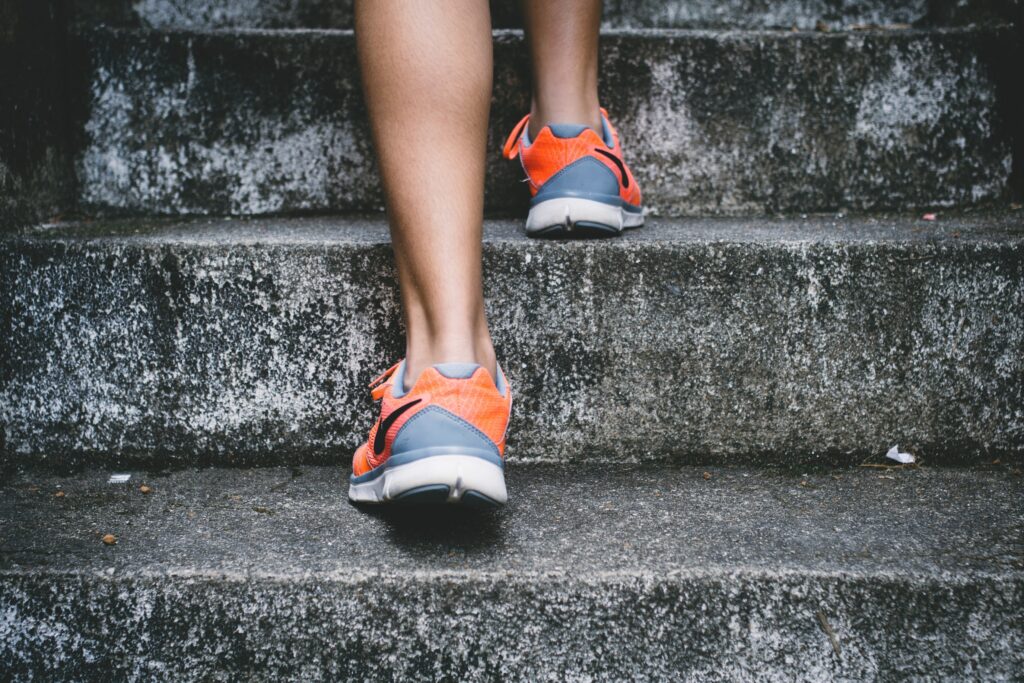Life Blog
Cutting-edge information and tips for creating health in all areas of life – wellness, nutrition, fitness, attitude, and relationships

February 26, 2026
The Hidden Cost of Chronic Stress (and What Science Says Actually Helps)
Stress doesn’t usually announce itself with sirens and flashing lights. More often, it sneaks in quietly—tight shoulders, poor sleep, short tempers, skipped meals—and before you know it, you’re running on fumes wondering how things got so hard. Here’s the thing: stress isn’t just an emotional experience. It has measurable, physiological effects on your brain and body. And when stress becomes chronic, it can seriously impact your mental health. The good news? Small, consistent habits make a measurable difference. Chronic Stress Is More Than “Just Stress” According to the American Psychological Association, over 75% of adults report experiencing moderate to high stress levels, and nearly one-third say stress negatively impacts their mental health. When stress sticks around too long, cortisol (your primary stress hormone) stays elevated. Research shows chronically high cortisol levels are linked to: Increased anxiety and depression Impaired memory and concentration Sleep disturbances Weakened immune function In other words, “pushing through” without addressing stress doesn’t make you stronger—it makes you more depleted. Sleep Isn’t Optional (Your Brain Needs It) Sleep is one of the strongest predictors of mental well-being. Studies have found that people who consistently sleep fewer than six hours per night are over twice as likely to report frequent mental distress compared to those who get seven to eight hours. Sleep deprivation affects the same brain regions responsible for emotional regulation, which explains why everything feels harder—and more personal—when you’re exhausted. Quality sleep isn’t a luxury. It’s neurological maintenance. Movement Is One of the Most Powerful Mental Health Tools You don’t need intense…
Raising Fit Kids & Teens
Raising Fit Kids & Teens Physical activity is such an important part of a child’s development. Sadly, less than 25% of American children get the recommended 60 minutes of moderate to intense physical activity a day. Most kids and teens have too much screen time and too little physical activity. As a result, one-third of…
Learn MoreSuffer From Sinus Infections? Here’s What You Can Do
Do You Suffer from Sinus Infections? Here’s what You Can Do Sinus infections can be very uncomfortable. They can make your eyes, nose, cheeks and forehead feel swollen for several days or even weeks. But first things first; what exactly are the sinuses? Well, they are small cavities in the skull that are connected to…
Learn MoreShould You Workout When You’re Sick?
So, your workout has been going great and you’ve not skipped a day in a while. In fact, you’re killing it! But then you catch a cold or stomach bug and get sick, and can’t decide whether to work out or take a break to give your body a chance to heal. On one hand,…
Learn MoreBuild Brain Power by Harnessing the Power of Neuroplasticity
Human brains are moldable. They are constantly breaking and forming new neural connections between brain cells, and can shrink or expand as you learn new things. Just a few years ago, this was thought to be impossible. This isn’t just another cool fact that’s good to know. Knowing how your brain works can actually help…
Learn MoreAre You Paying Attention to Your Mental Health?
Look, life can get pretty stressful at times; we all get stressed, overwhelmed, and even burned out. Life can stack up on you real fast, and all it takes is just one more thing – and it doesn’t have to be big – to break the camel’s back. Normally, you’d be fine. But when it’s…
Learn MoreAutopilot Mornings for Smooth Sailing Days
The right morning routine can make the rest of your day smooth sailing and stress free. Having a morning ritual is one of the easiest ways to improve your mornings, especially if you’re not a morning person. In fact, health experts overwhelmingly recommend having a structured start to your morning because it sets the tone…
Learn MoreDon’t Let the Cold Weather Stop You!
Sure, cold weather might seem like the perfect excuse for trading an active outdoor lifestyle for a cozy indoor lifestyle of hot chocolate and marshmallows. It isn’t easy braving the cold when a crackling fire and your favorite blanket are beguiling you to stay in because, baby, it’s cold outside. Is it any wonder that…
Learn MoreReduce Your Grocery Bill without Compromising on Nutrition
Everyone knows what it’s like for money to be a little tight and having to cut back in certain areas. Unfortunately, it’s quite tricky to cut the grocery bill without compromising on nutrition. While opting for cheap, empty calories might seem like a good idea when facing a financial bind, it can lead to health…
Learn More5 Ways to Make Running Fun (Yes, Really)
Some people LOVE running. And some people only run if they’re being chased. Maybe you fall somewhere in between these two extremes and are considering running to improve your health. The idea of taking up running can be an exciting goal. But the actual act of running? Well, not so much for some people. In…
Learn MoreUnderstanding And Treating Migraines
1 in 7 people suffer from moderate to severe migraines. Pulsing, throbbing migraine pain can last anywhere from four hours to three days. As if that weren’t bad enough, migraines can cause extreme sensitivity to smell, sound, light, and additional symptoms such as nausea and vomiting. But Aren’t Migraines Just Bad Headaches? No, migraines are…
Learn MoreTo Vent or Not To Vent? Healthy Ways To Deal With Anger
Everyone likes to vent once-in-a-while when feeling angry or upset because it feels good and it’s a great way to reduce stress…or is it? Although venting sounds good in theory, psychologists claim it doesn’t make you feel any better but might actually make you feel worse! Although experts are uncertain why this happens, they do…
Learn MoreHow To Look Younger By Protecting Your Skin From Sun Damage
It seems everyone wants that “youthful complexion”, which is why so many people search for wrinkle removing creams and skin tightening procedures as they age. In ancient times, people used herbal formulas to maintain their youthful skin and appearance, but the modern era ushered in easier, not necessarily healthier, ways to satisfy those desires. Today,…
Learn More










